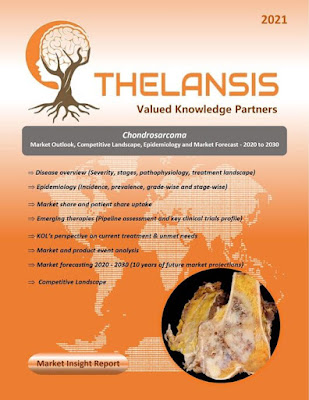FDA Grants Rare Pediatric Disease Designation to Papillon Therapeutics' PPL-001 for Friedreich's
Papillon Therapeutics Inc., a clinical-stage biotechnology company focused on developing multi-systemic genetic medicines to address the root causes of inherited diseases, has announced that the U.S. Food and Drug Administration (FDA) has granted Rare Pediatric Disease designation to their experimental treatment, PPL-001, for Friedreich’s ataxia. PPL-001 has previously received Orphan Drug designation, underscoring its potential as a significant therapeutic advancement for this rare disease.
Publish Date: 15-10-2024 Source: Papillon Therapeutics Inc.
Friedreich ataxia, a rare hereditary condition, initiates its course during childhood and results in a gradual nervous system deterioration, along with motor function impairments. Approximately 25% of individuals affected by Friedreich ataxia experience an unconventional variant where symptoms manifest after age 25. This disorder predominantly affects European, Middle Eastern, or North African individuals and is infrequently observed in other ethnic populations. The primary genetic cause of Friedreich ataxia typically stems from a recessive inheritance pattern attributed to an expansion mutation of GAA repeats located within the first intron of the FXN gene. This mutation leads to a significant reduction in the production of the frataxin protein. Consequently, the absence of frataxin within cells results in diminished activity of mitochondrial iron-sulfur cluster-containing enzymes, iron accumulation in the mitochondrial matrix, heightened susceptibility to oxidative stress, and impaired adenosine triphosphate (ATP) production. Over time, these cellular disruptions contribute to the progression of the disease’s debilitating symptoms.
- The incidence of Friedreich ataxia in the USA ranges between 2.5 to 3.7 cases per 100,000 population.
However, the current Friedreich Ataxia (FA) treatment market share, market uptake, and attribute analysis concerning the most potential emerging therapies (TAK-831, SKYCLARYS™, Vatiquinone, RT001, etc..) has been provided under the market outlook section of the study covering 8 MM countries; The United States, EU5 (Germany, Spain, France, Italy, UK) Japan and China.
In terms of pharmacologic therapies, several pharmaceutical products are being approved and under different phases of development for the Friedreich Ataxia treatment. The key companies in the advanced development stage are Neurocrine Biosciences, Reata Pharmaceuticals, Inc., PTC Therapeutics, Retrotope, Inc., etc..
Based on solid domain and business knowledge, Thelansis Knowledge Partners has published the market outlook forecast report on Friedreich Ataxia (FA) to provide a clear understanding of disease area background, epidemiology, current and future competitions, the country-specific standard of care, and the complete market forecast for 2023 to 2033.
About Thelansis:
Thelansis specializes in pharmaceutical market outlook and market forecast reports. We published reports across the therapeutic area, including rare / ultra-rare and mainstream indications. Over the period, we have built a robust repository of 6,000+ Bio-pharma reports that cover Epidemiology studies and Market forecasting based on the KOL opinions.
Competitive intelligence and track of trial results throughout the phases of development executed by a team of a mix of Scientific and Business backgrounds. As an organization, the primary focus is to provide real-world data evidence and market insight to pharmaceutical companies for their decision-making.


Comments
Post a Comment